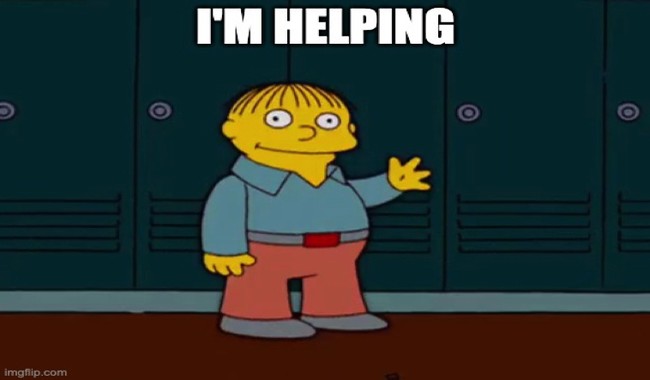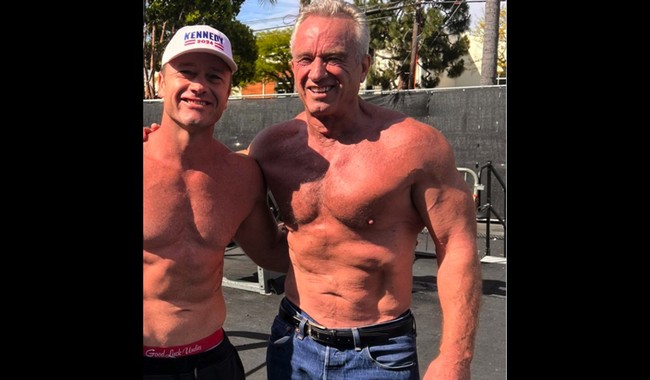ARTICLE AD BOX
FLORIANÓPOLIS, BRAZIL — Venezuelans voted in a tense election Sunday that could result in incumbent socialist leader Nicolás Maduro losing power after 13 years.
The socialist government is facing its toughest electoral challenge in decades. Whoever wins, the closely-watched election is expected to have far-reaching consequences across the region.
In the past decade, Venezuela has experienced severe economic decline to an extent rarely seen in peacetime. Gross domestic product is around a fifth of what it was in 2012 at its peak under previous leader Hugo Chávez.
Since then, poor economic management and sanctions from the European Union and the U.S. have led to nightmarish economic conditions and widespread hunger, pushing almost 8 million people to leave the country.
González, a 74-year-old retired diplomat, was a last-minute replacement for María Corina Machado, the main opposition leader, who was barred from standing.
Maduro, Chávez’s chosen successor, won elections in 2013 and 2018, though the opposition boycotted the latter. He caused alarm earlier this month by saying that a big electoral victory was necessary to avoid “a bloodbath, or a fratricidal civil war triggered by the fascists.”
 Some Venezuelans abroad have reported difficulty voting. | Juan Carlos Cisneros/Getty Images
Some Venezuelans abroad have reported difficulty voting. | Juan Carlos Cisneros/Getty ImagesThis statement drew a rebuke from Luiz Inácio Lula da Silva, the president of Brazil, which shares a large border with Venezuela and is the biggest power in the region. Lula had previously been reluctant to criticize fellow left-winger Maduro.
An exit poll by U.S.-based Edison Research, released as voting ended at 6 p.m. local time, predicted that opposition candidate Edmundo González would win 65 percent of votes to Maduro’s 31 percent.
The Edison Research exit poll was conducted nationwide with 6,846 voters interviewed at 100 polling locations.
Some Venezuelans abroad have reported difficulty voting, but have made themselves visible on polling day in cities throughout Latin America and in places like Spain’s Canary Islands.
In Venezuela, there were long lines to vote, with some people queuing from Saturday night. Official results could be published late on Sunday or in the following days. Several countries, including Brazil, have sent independent observers to Venezuela.
.png)
 1 year ago
11
1 year ago
11








 English (US)
English (US)